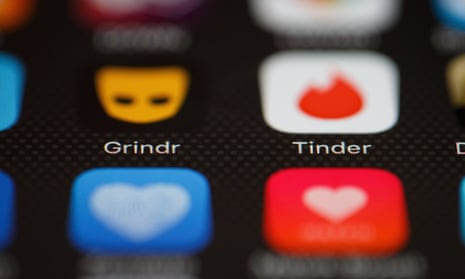The gay hookup app Grindr, used by millions of people every day to find sexual partners, has been sharing its users’ HIV status with third parties. There could not be a more dramatic illustration of the pervasive nature of the data economy. The first thing to note is that no one was compelled to hand this information over to the people they hoped to meet through the app or the company that runs it, all of them complete strangers. It is most unlikely that users imagined that such potentially damaging and certainly deeply private information would be shared with further companies they had never heard of, and whose business is hard for any outsiders to understand.
Whether the users were at fault for excessive trust, or lack of imagination, or even whether they were at fault at all for submitting information that would let their potential partners make a better informed choice, as liberal ethics would demand, the next thing to scrutinise is the role of the company itself. Grindr has now said that it will no longer hand over the information, which is an admission that it was wrong to do so in the first place. It also says that the information was always anonymised, and that its policy was perfectly standard practice among digital businesses. This last is perfectly true, and perhaps the most worrying part of the whole story.
We now live in a world where the valuations of giant companies are determined by the amount of personal data they hold on third parties, who frequently have no idea how much there is, nor how revealing it is. As well as the HIV status, and last test date, Grindr collected and passed on to third parties its users’ locations, their phone identification numbers, and emails. These went to two companies that promise to make it easier to deliver personalised advertisements to phones based on the users’ locations and to increase the amount of time they spend looking at apps on their phones. The data was in theory anonymised, although repeated experiments have shown that the anonymity of personal information on the internet is pretty easily cracked in most cases.
It is a further complication that none of the companies involved knew, or could know, what would eventually be advertised against the information that Grindr delivered. The modern system of real-time auctions for webpages as they are loaded means that the advertisements you see on your phone or screen are determined by the operations of computer programs operating at unimaginable speed.
That is one reason why the system appears to be both incomprehensible and out of anyone’s control. But it must be possible to understand enough to bring it back under human, democratic control. Some categories of information, such as HIV status, should never be shared with third parties for commercial gain. Much more should never be saved at all. Only by slow reforms of that sort can the monster we have built be tamed and made to serve and not exploit us.
